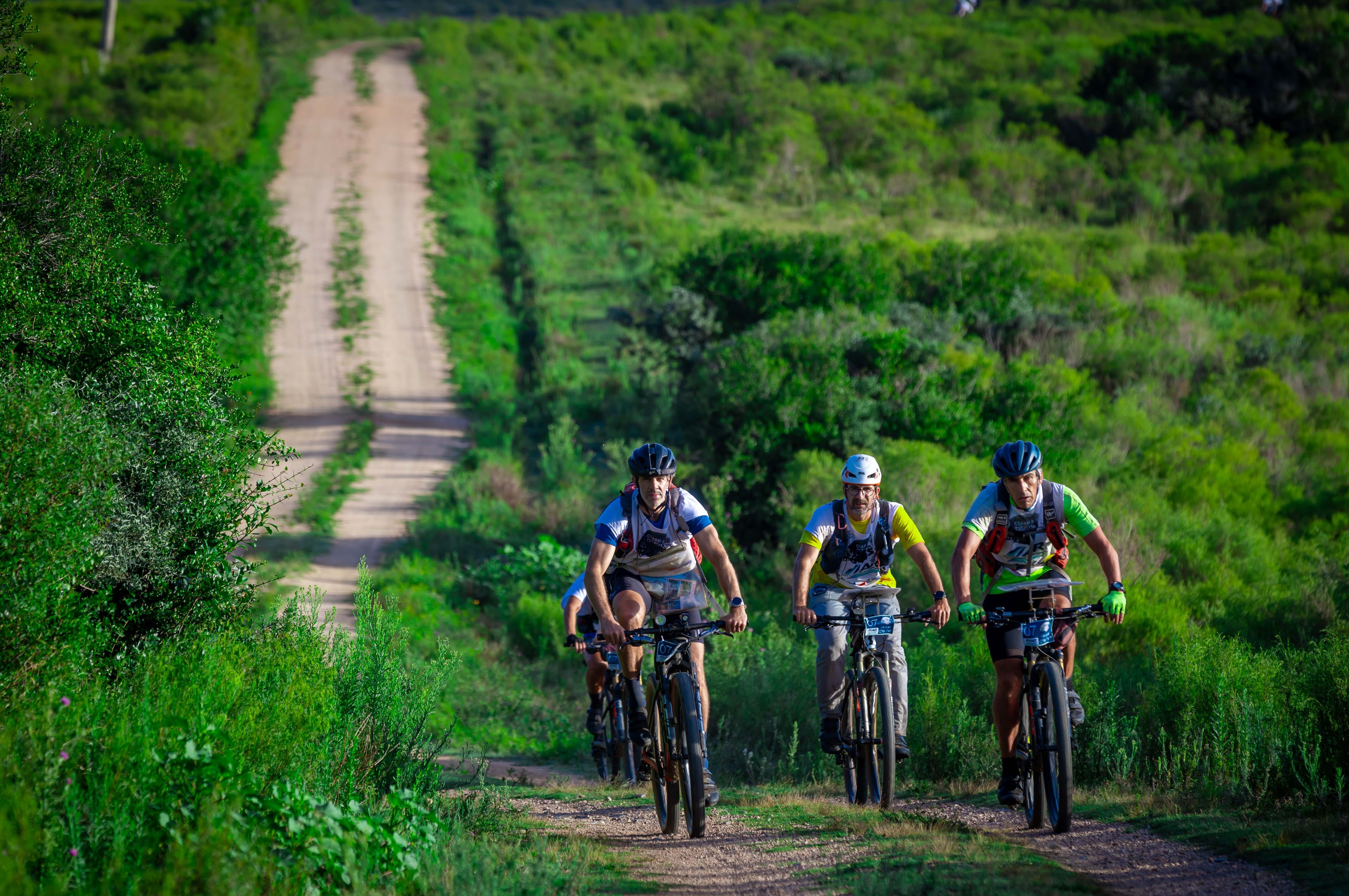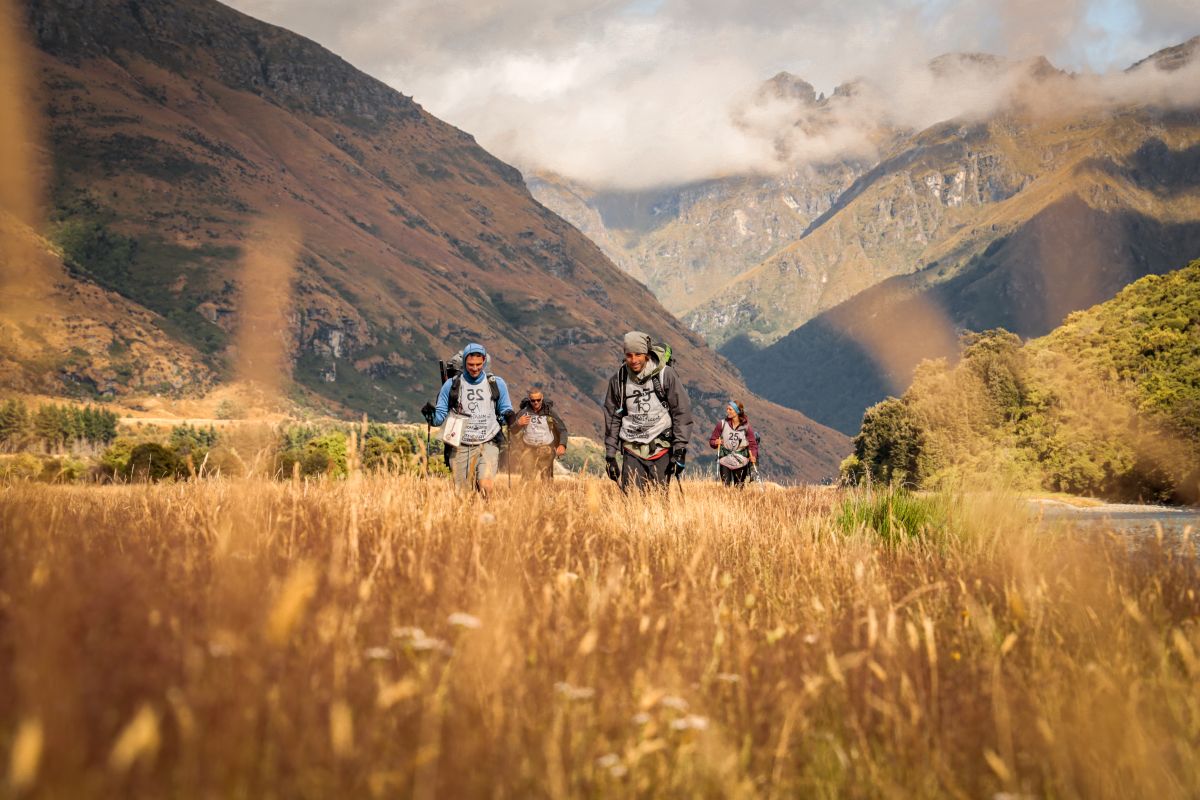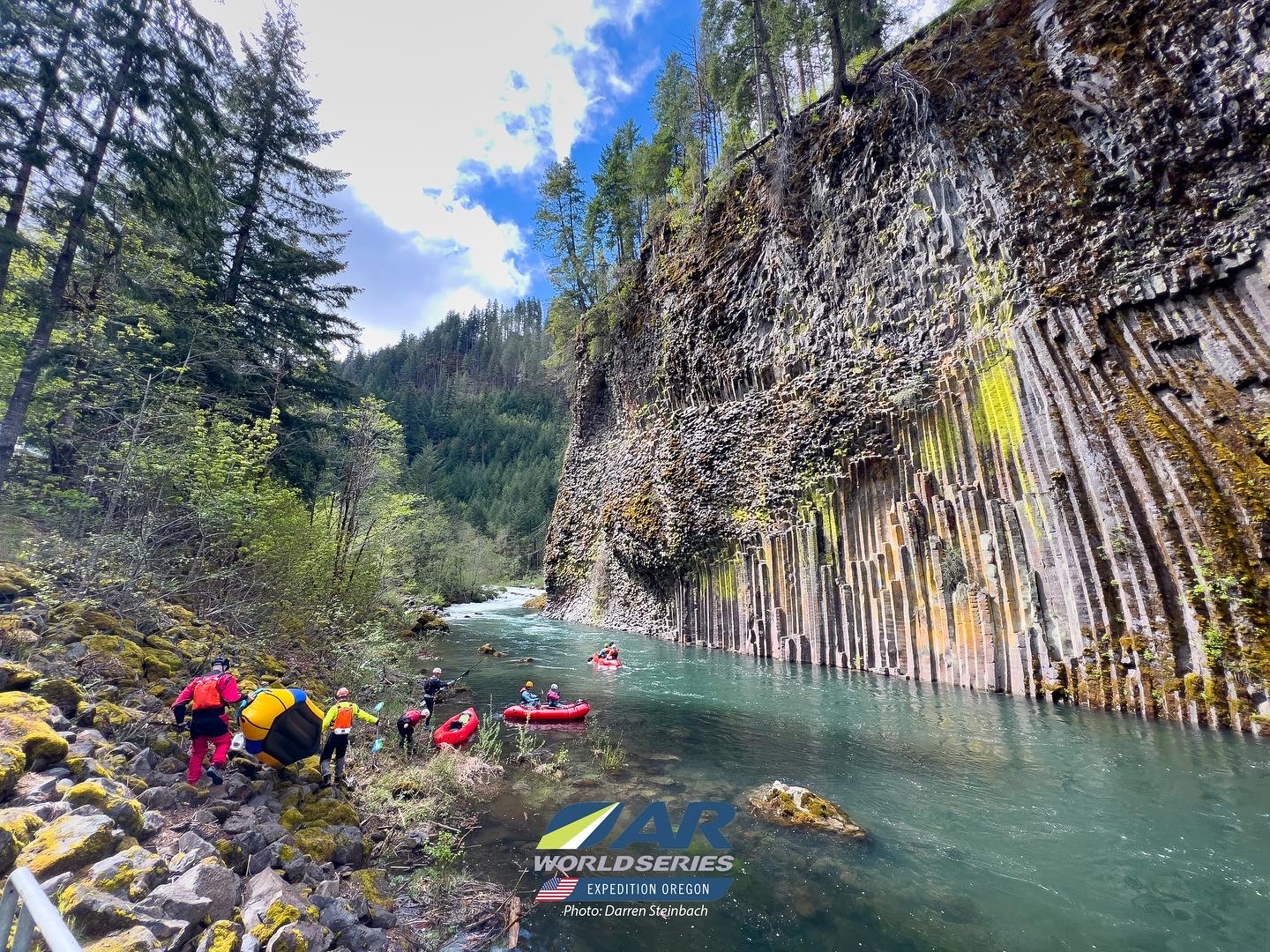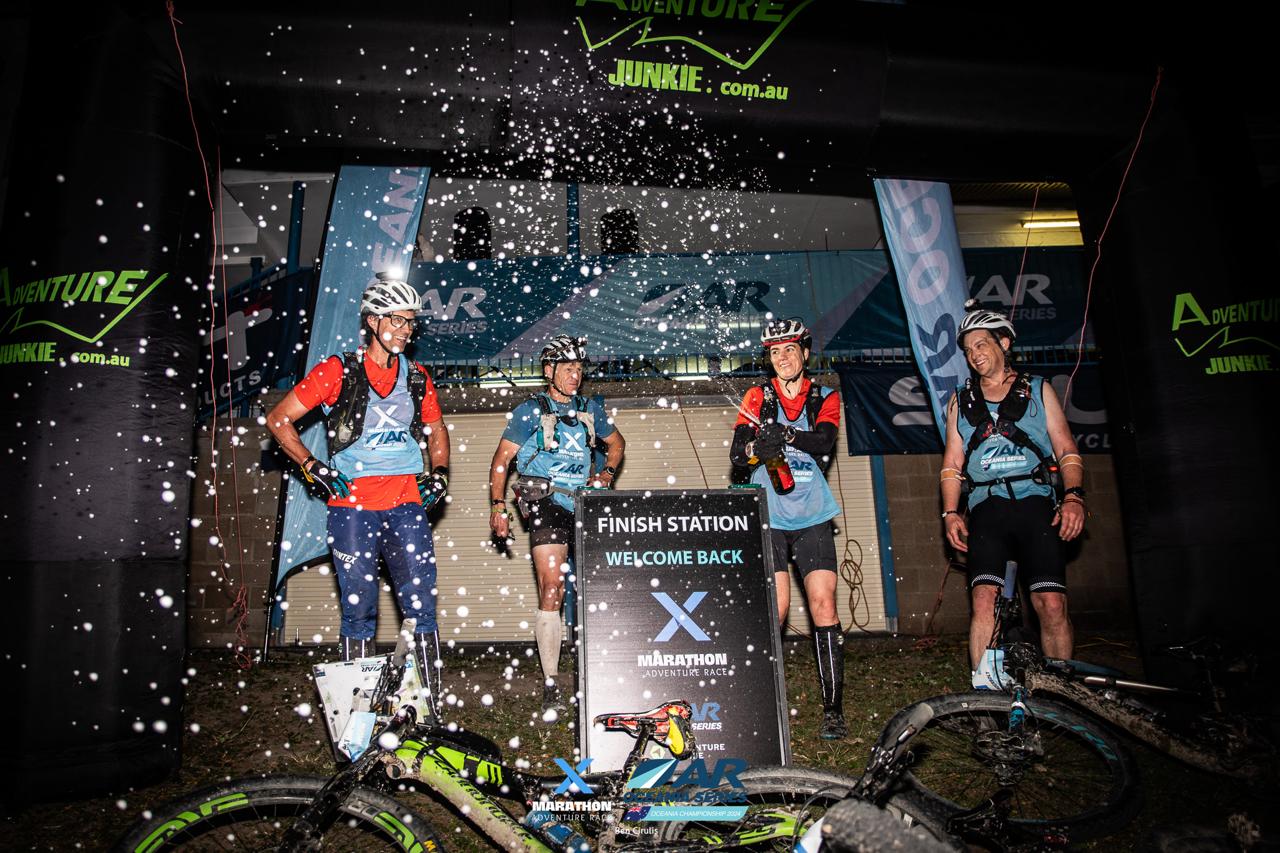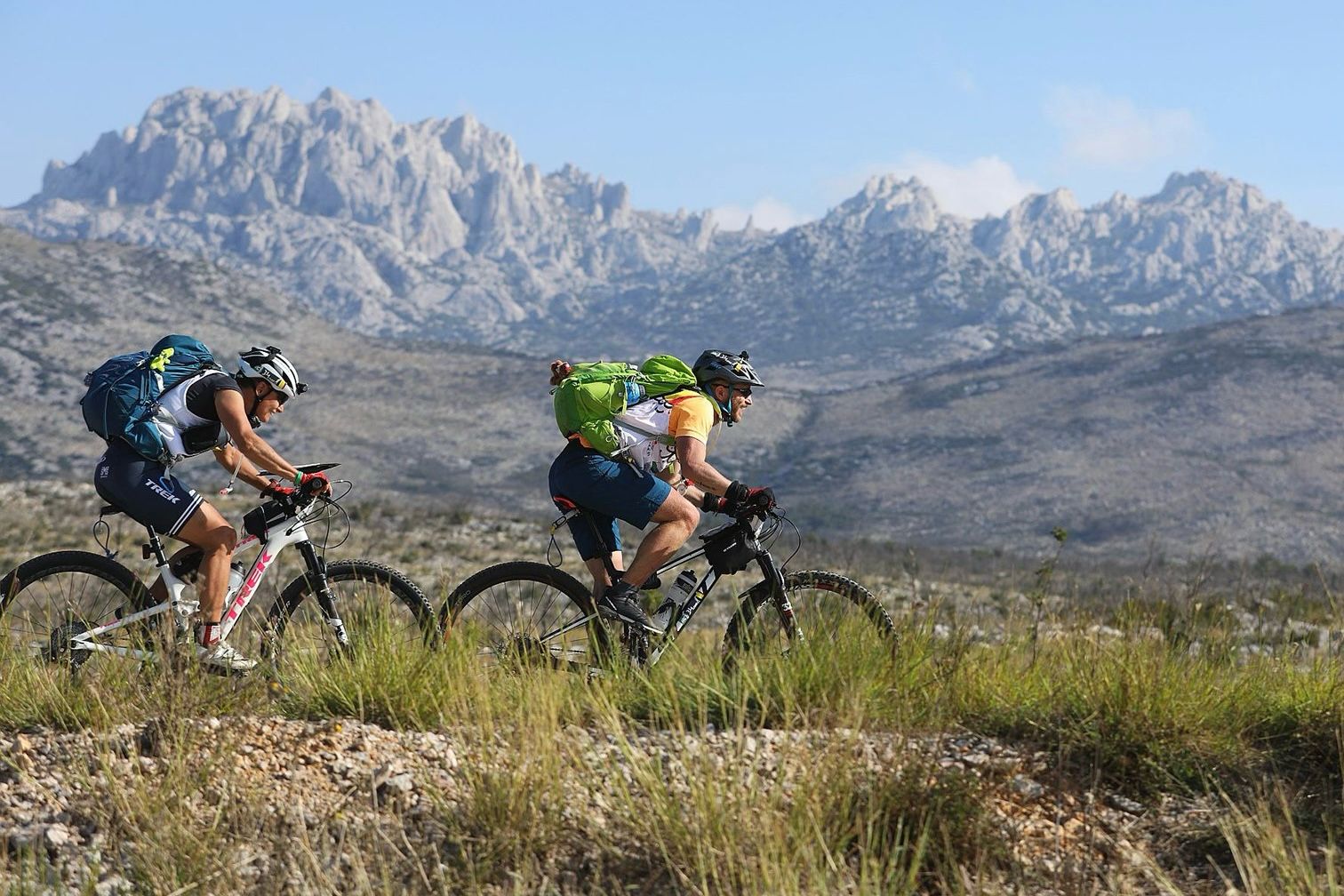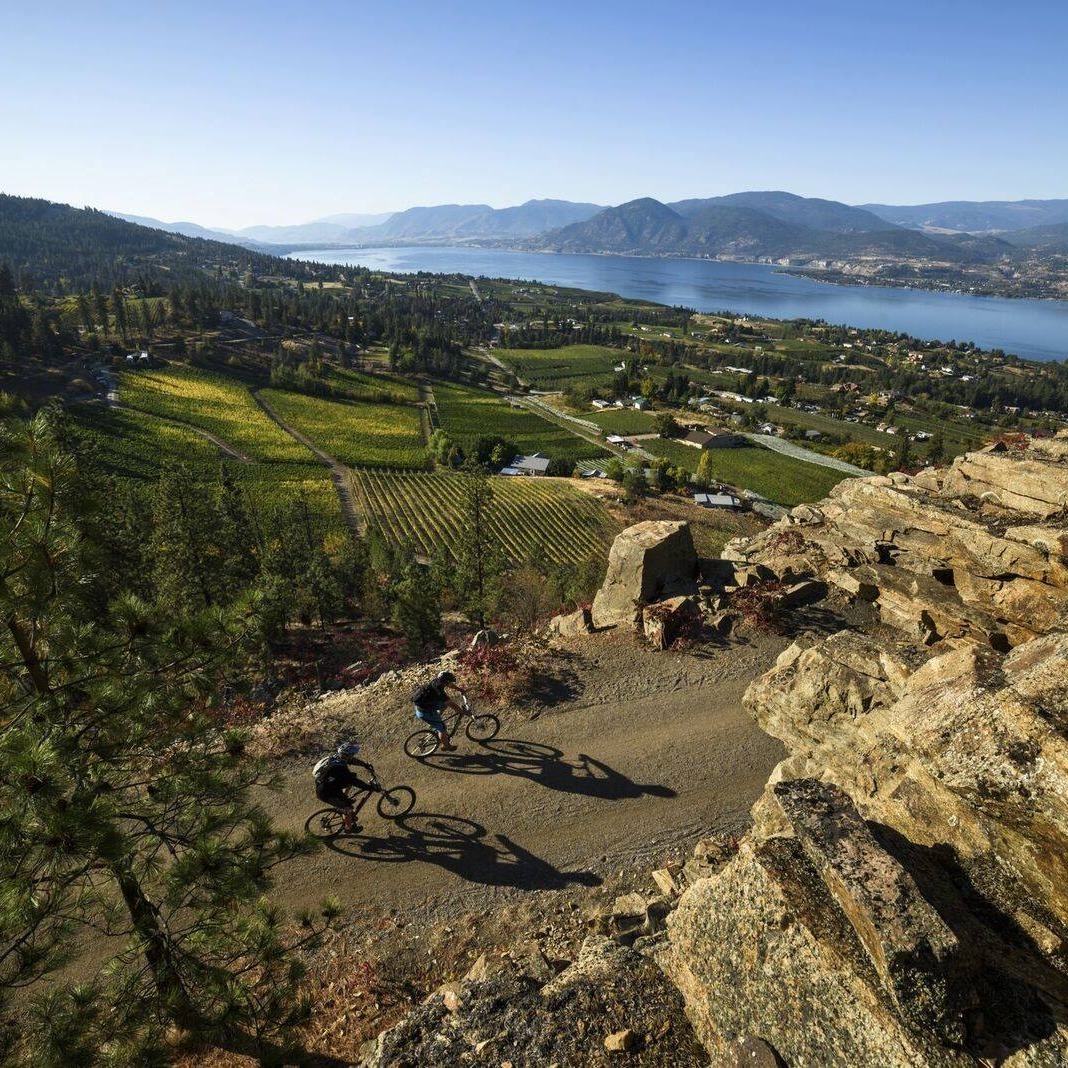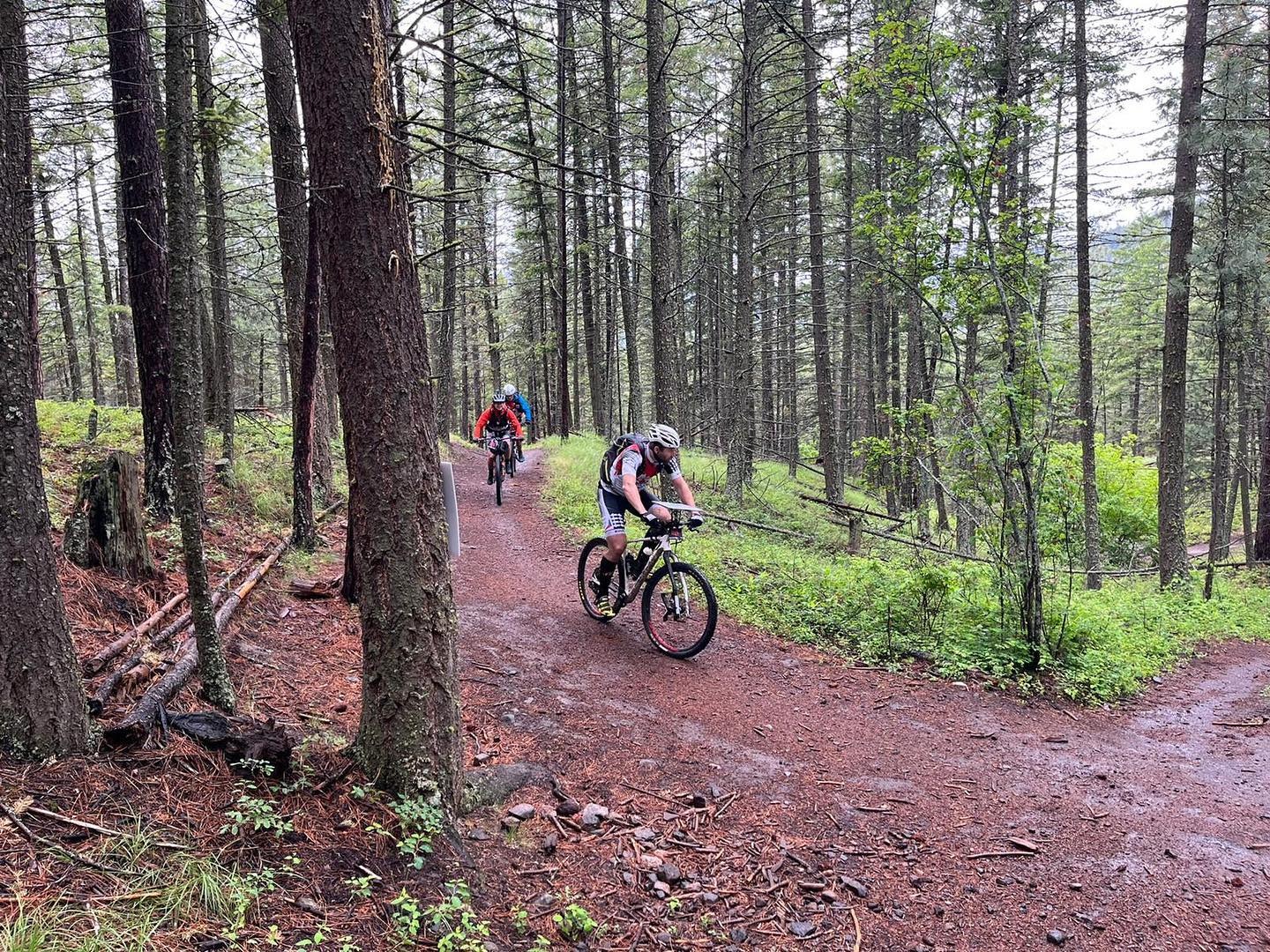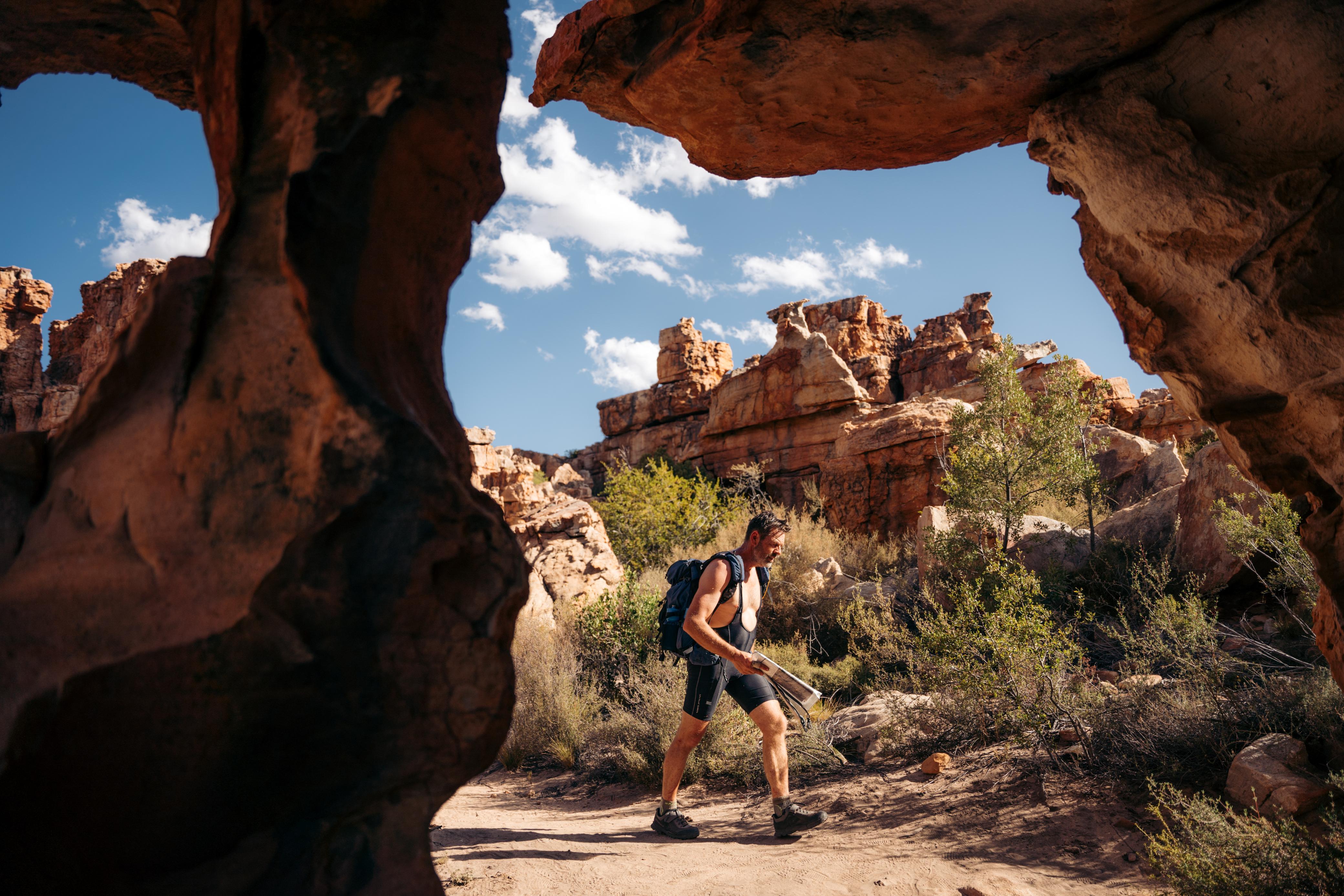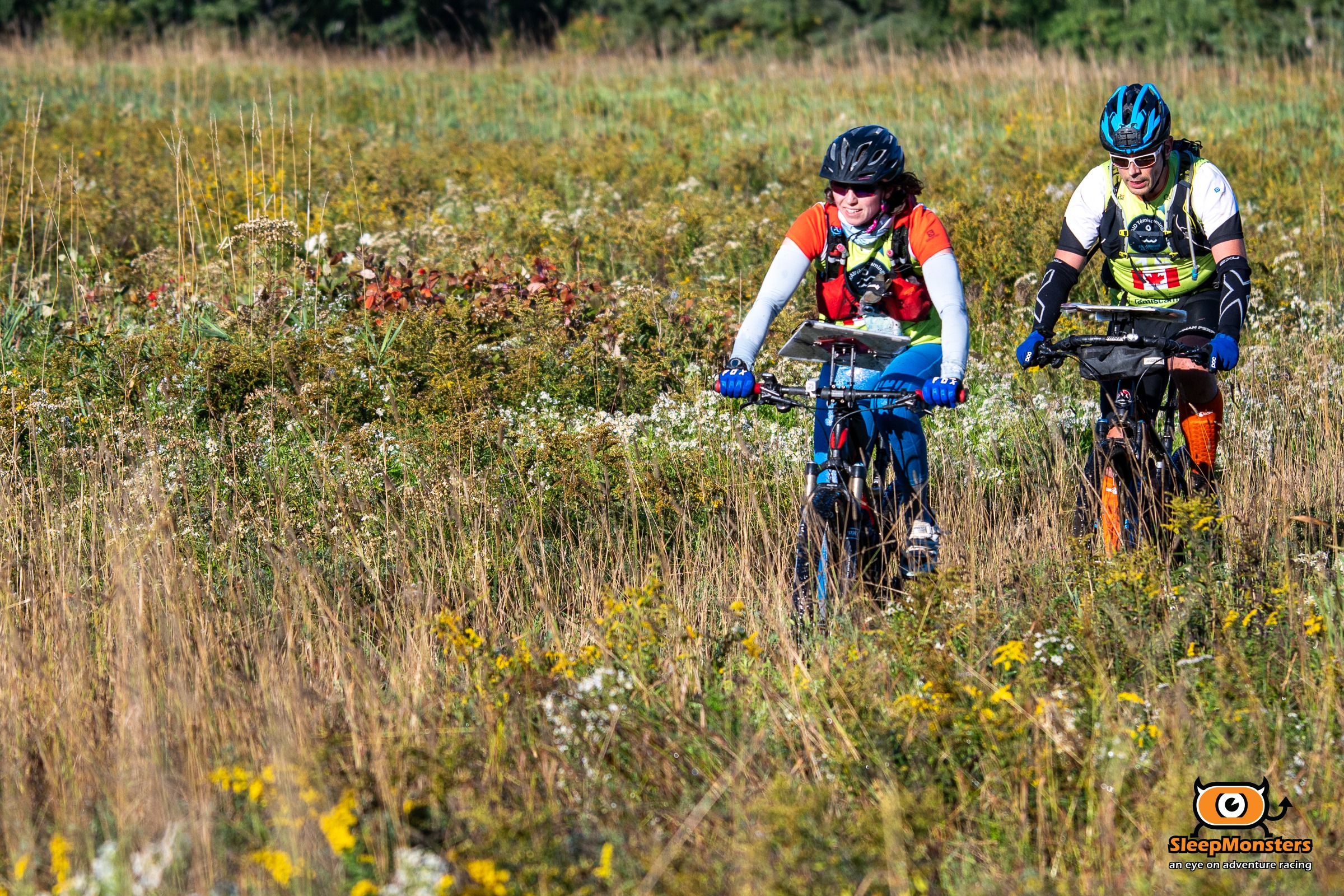Wayne Leek recalls the first Adventure Racing World Championship in Canada, back in 2004.
As the excitement for 2025 ARWC grows, we'll take a moment to remember that 2025 is actually a return to Canada for the Adventure Racing World Championship.
In 2004, the AR World Series was relatively new and holding it’s second-ever world championship. It was hosted by Canada's Raid the North Extreme, an event with a reputation for epic wilderness races and the 2004 event in Corner Brook, Newfoundland & Labrador, was no exception.
Big races need a big country and Canada fits the bill. Hosted on the west coast of Canada's most easterly province, 2004 ARWC was only a short 6,126 km drive away from Penticton, the 2025 host site. 41 teams lined up for 500+ kms of adventure, including kayaking and rowing, coasteering, biking, and monster off-trail treks.

The race had some moments unique to Newfoundland, including teams rowing a dory (traditional fishing boat) across open water to get both racers and their bikes across the bay. Treks exposed teams to "tuckamore", the low windswept bush that clings to the province's rocky terrain and makes for very slow going.
Throughout the event, the legendary hospitality of the locals was on display, including 100+ fans coming out to watch a local team finish. Post-race festivities included a "screeching in" ceremony, where those who had "come from away" become honorary Newfoundlanders once they kissed the cod.
A "home" World Championships can inspire racers, which is the case for Team Canada Adventure, then and now. Canadians Bob Miller and Scott Ford both competed in 2004, although on separate teams. When 2025 ARWC was announced for Canada, the team that hadn't raced since finishing 2nd at Eco Challenge Fiji, had their reason to step up and compete at another Canadian World Championship.
The plan is to compete for the podium – preparations included winning the 2024 ARWS North America Championship and free entry to 2025 ARWC. Alex Provost was another young Canadian racer in 2004 who continues to race internationally at a high level and will be competing for the podium in 2025 with Team 4 Hour Fuel.
Has adventure racing changed in 21 years? The basics of endurance and navigating through challenging wilderness haven’t. The gear is certainly better and athletes now know more about proper training and nutrition. Perhaps the biggest change is the technology around the race. Technology like internet and better GPS tracking certainly helps race organizers keep teams safer, allows for better event coverage, and provides a better experience for dotwatchers from all over the world following and cheering their teams.
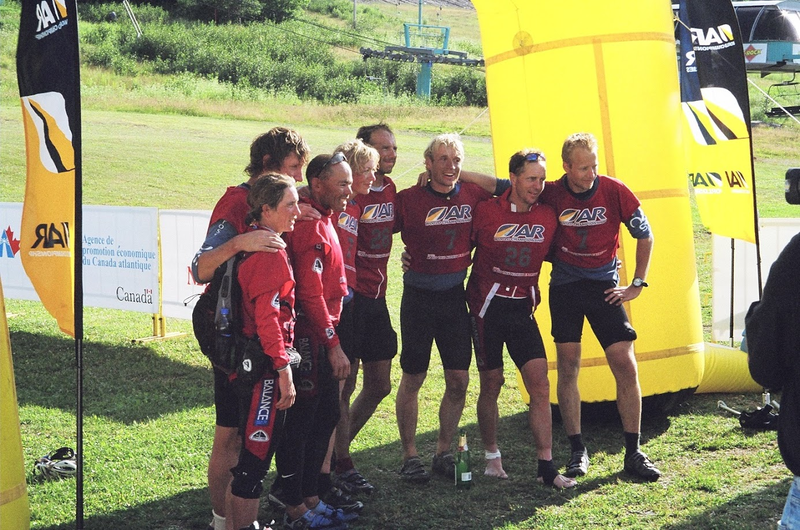
Part of what made 2004’s finish exciting was the lack of technology. Teams had a long bike leg interrupted by a short canoe to get racers and their bikes across a lake, before a final sprint to the line at the Marble Mountain ski area. Without tracking dots on a website, those gathering at the finish had only a phone message from a volunteer advising that the top two teams were neck and neck off the water with only a short ride remaining.
In the end, USA's Nike ACG/Balance Bar finished only 20 seconds ahead of Sweden's Cross Sportswear to win the second ever ARWS World Championship. The Swedes had been faster off the water, but the Americans were quicker on the bike. “I never thought this race would end with a time trial" said AR Legend Mike Kloser.
The AR World Series continues to grow the sport and deliver world-class adventure racing around the globe. As in 2004 and again in 2025, Canada continues to build its reputation for an engaged AR community, strong competitors, and delivering world class adventure, worthy of a World Championship.
(Thanks to Bob Miller and his team Supplier Pipeline for racing with a film camera in 2004)


